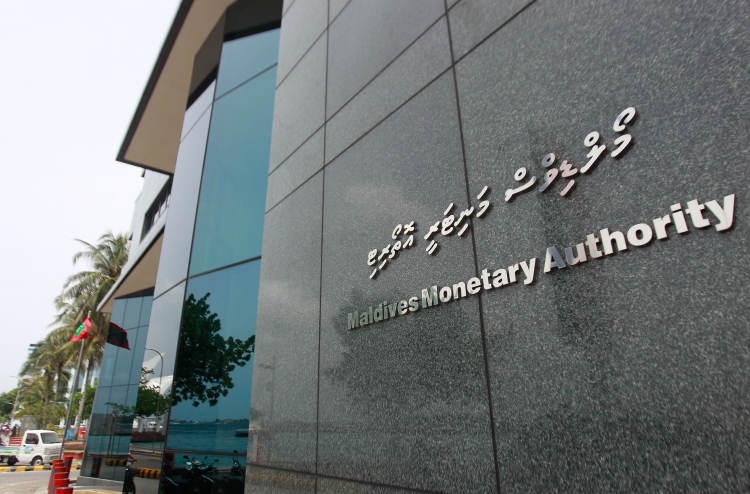
Maldives' Reserves Surge 15% in April Amid Economic Reforms
The Maldives Monetary Authority (MMA) reported a notable increase in the Gross International Reserves (GIR) of the Maldives by 15 percent as of the end of April 2024. The GIR rose to USD 622.1 million from USD 541 million at the end of March.
Despite this month-on-month growth, the reserves are down by USD 134.7 million compared to USD 756.8 million recorded in April 2023, reflecting an 18 percent decline year-on-year. However, the recent uptick highlights the positive impact of ongoing economic measures and a rebound in tourism.
Government agencies have been collaborating to enhance the fiscal health of the Maldivian economy. Significant austerity measures on state expenditure have been implemented, receiving praise from international financial institutions and organizations, which also recommend further corrections to sustain this momentum.
The increase in reserves is partly attributed to strong tourism receipts. As of June 3rd, the Maldives attracted 903,775 tourists, marking a 10 percent increase from the 821,248 arrivals during the same period last year. This growth in tourism is a crucial factor in boosting foreign currency reserves, given the Maldives' heavy reliance on tourism as an economic driver.
Industry experts forecast favorable conditions for the Maldivian economy, supported by robust tourist arrival growth and healthy month-on-month export activities. The government’s efforts to reduce dependence on US dollars for foreign payments have also contributed to the improvement in reserves.
Effective January 2024, the government ceased overdraft practices, leading to a resurgence in the value of the Maldivian currency. This has subsequently resulted in a lower exchange rate for US dollars, easing some pressure on the economy.
President Dr. Mohamed Muizzu highlighted these positive developments in a speech earlier in March, noting that the country's economy is gradually strengthening. The government's strategic focus on improving fiscal conditions, coupled with strong tourism performance, indicates a promising outlook for the Maldives.
The increase in reserves not only provides a buffer against economic shocks but also enhances the country's financial stability. This is particularly important for the Maldives, an import-heavy nation that requires substantial foreign currency reserves to meet its international obligations.
In conclusion, the Maldives' Gross International Reserves have shown significant improvement, rising by 15 percent in April 2024. This growth is driven by strong tourism receipts and effective economic measures. While there is still an 18 percent decline compared to the previous year, the recent surge points to a positive trajectory for the Maldivian economy. The government's ongoing efforts to improve fiscal health and reduce reliance on US dollars are crucial steps toward sustained economic stability.